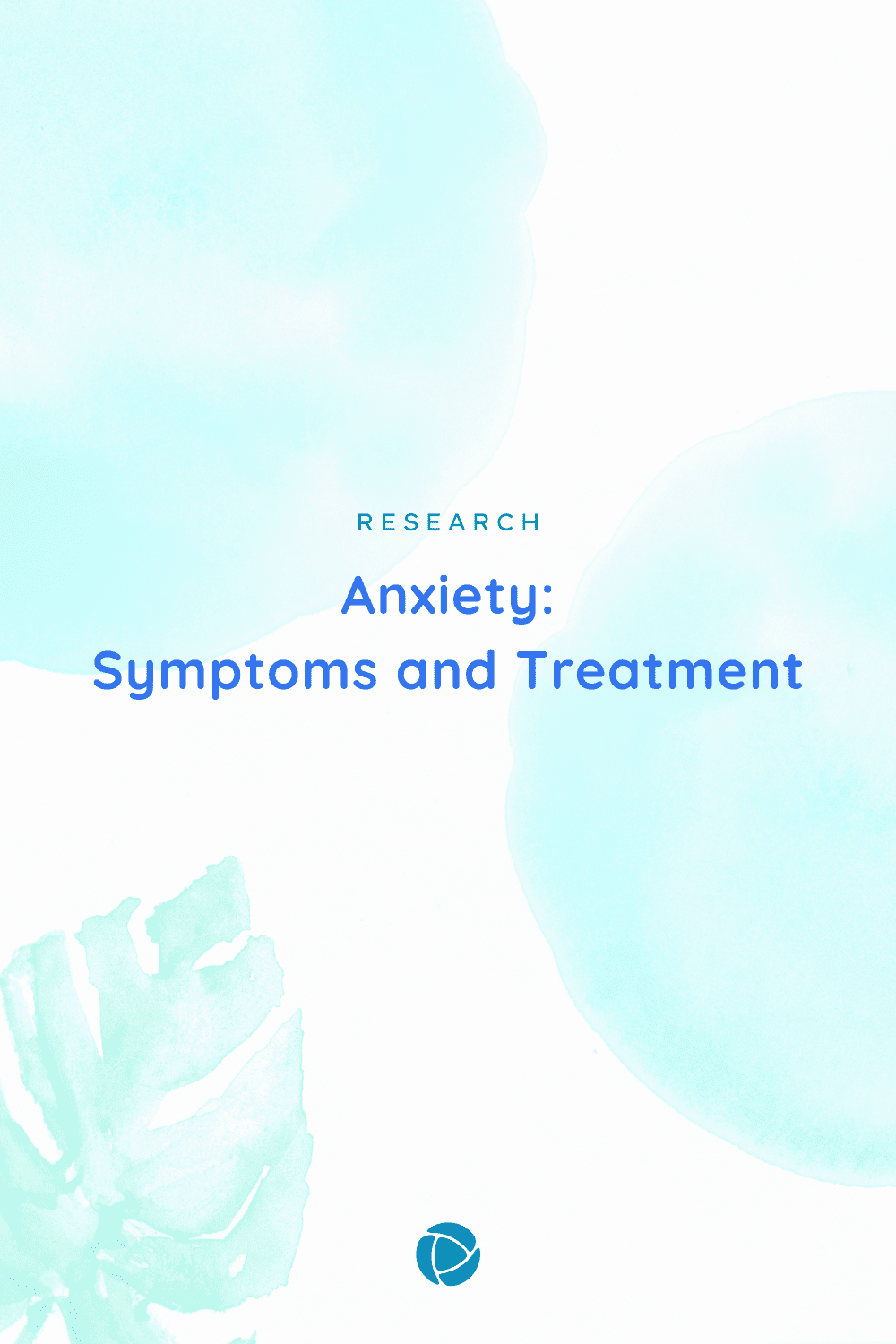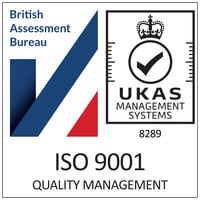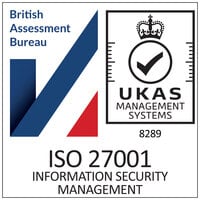
February 24, 2023
Symptoms of Anxiety and Treatment
Anxiety can be described as feeling worried, tense or afraid. It is a common feeling that we all experience at some point in our lifetime and can range from mild to severe. Anxiety can be thought of as a natural human response when we feel that we are under threat. Although it may feel unpleasant, sometimes a small amount of anxiety can be helpful. For example, it may help motivate you to prepare for an interview or exam or respond quickly to a dangerous situation.
Whilst feeling worried from time to time is perfectly normal, feelings of anxiety can become a mental health problem if they begin to have an impact on your daily life. Although worries, anxieties and fears affect us all differently, symptoms relating to anxiety might feel very distressing, hard to control or last a long time. People suffering with anxiety might begin to avoid certain situations, or perhaps doing the things they enjoy becomes more difficult.
If you have completed our recent research survey and been sent here, you might be struggling with mild anxiety. Since this is not a clinical assessment you may consider the following list of symptoms to determine how relevant this is to you. But keep in mind that experiencing one or two of these is still perfectly normal.
Psychological Symptoms:
- Feeling restless, wound-up, or on-edge
- Being easily fatigued
- Being irritable
- Having difficulty concentrating
- Difficulty controlling feelings of worry
- Feeling impending doom
- Feeling out of control
Physical Symptoms:
- Having headaches, muscle aches, stomachaches, or unexplained pains
- Having sleep problems, such as difficulty falling or staying asleep
- Pounding or racing heart
- Sweating
- Trembling or tingling
- Chest pain
Social Symptoms:
- Rigid body posture or speaking with an overly soft voice
- Difficulty making eye contact or being around people they don’t know
- Feelings of self-consciousness or fear that people will judge them negatively
Mild Anxiety
Mild anxiety is a health condition, but like other health conditions, it can improve with time. Some people decide to wait and see whilst others prefer to consult with a healthcare professional. In your case, it depends on how much distress the condition is causing you and how much it is affecting your day-to-day life. If you decide to wait, we would advise that if at any point you feel worse or if you have not improved after a maximum of two weeks you seek help from a healthcare professional.
If you decide to seek help you should first be offered these types of treatment:
Self-Management Programmes
These usually come in two varieties: workbooks and computer programmes. You can expect to be supported to complete all sessions on the book or programme in 5 to 15 weeks. Some varieties involve very little contact with the healthcare professional, others involve checking in over the phone or face-to-face briefly weekly or fortnightly.
Group Work
You may be offered to work with a group to recover from your anxiety. At times this also includes using a workbook. You should be offered 1 session per week for 6 weeks.
Relaxation Techniques
There is a range of relaxation techniques that can be very effective for managing anxiety. These include calm breathing techniques, deep muscle relaxation, mindfulness techniques and others. You might be trained by a healthcare professional or given some material to train yourself. After that, you will be asked to practise these techniques regularly as they get more effective the more you use them.
Exercise Plans
This can be offered as part of a group or for you to work through on your own.
Thrive Mental Wellbeing
The Thrive Mental Wellbeing app uses Computerised Cognitive Behavioural techniques. We recommend you use the app while you are waiting to see a healthcare professional, but it is also helpful during other treatment. The in-app journal will enable you to track your progress between sessions and use the information during consultations.
Try the Thrive Mental Wellbeing app today.
Most people with mild anxiety recover with those treatments, however, if your anxiety persists you should consult again with a healthcare professional as other forms of treatment might be required including other forms of psychological therapy and medication.
Moderate Anxiety
Moderate anxiety is a health condition, so it may improve with time but you would likely benefit from treatment. There are many effective treatments for anxiety.
Your health professional may offer you the following.
Cognitive Behavioural Therapy (CBT)
This form of treatment is based on training you to see the connection between your anxiety and your thoughts and assumptions. Most people are not even aware that they are making certain assumptions and that these automatic thoughts play a major part in how they feel about a situation. The technique involves learning to identify the thoughts, the emotions they trigger and the way those emotions have an impact on your body. Through practice, you will learn to manage those thoughts and emotions. This is one of the techniques with the most evidence to help you overcome anxiety. The programme usually consists of 12 to 15 sessions each lasting 1 hour. The sessions tend to be carried out over a period 6 to 15 weeks and they require for you to practise the skills in between sessions.
Applied Relaxation
Applied relaxation was developed in the 1970s from the very effective progressive muscle relaxation technique. The aim is to teach you to respond differently to feeling anxious. Instead of the automatic tensing, this aims to help you learn to automatically decrease muscle tension through well-practised relaxation techniques. This causes your response to become calm, rather than the default tension and anxiety. The course lasts for 12 to 15 sessions over 6 to 15 weeks. Each session lasts approximately 1 hour.
Medication
Antidepressants have proven to be the most effective medication for the treatment of anxiety. You should initially be offered an antidepressant from the group called selective serotonin reuptake inhibitors, or SSRIs for short. If that type of antidepressant does not work for you, you may be offered a different type. Alternatively, you might be offered a tablet originally used in epilepsy called pregabalin. Any other types of medication should be offered by a specialist rather than your GP. You should very rarely be . If you are offered a type of tablet called benzodiazepines, you should only take these for short periods and closely follow your healthcare professional advice.
Thrive Mental Wellbeing
Thrive Mental Wellbeing uses computerised cognitive behavioural techniques. We recommend you use the app while you are waiting to see a health professional. It is also helpful during your work with the health professional thanks to its journal function. It will enable you to track your progress between sessions and use that information during consultation.
Try the Thrive Mental Wellbeing app today.
About Thrive Mental Wellbeing:
Read more about our story here.
Find out more about the features of the Thrive Mental Wellbeing app here.
Topics mentioned in this blog post:
Get the latest news with
Thrive Unplugged!
Sign up to our monthly newsletter to receive the latest news on everything Thrive Mental Wellbeing.








